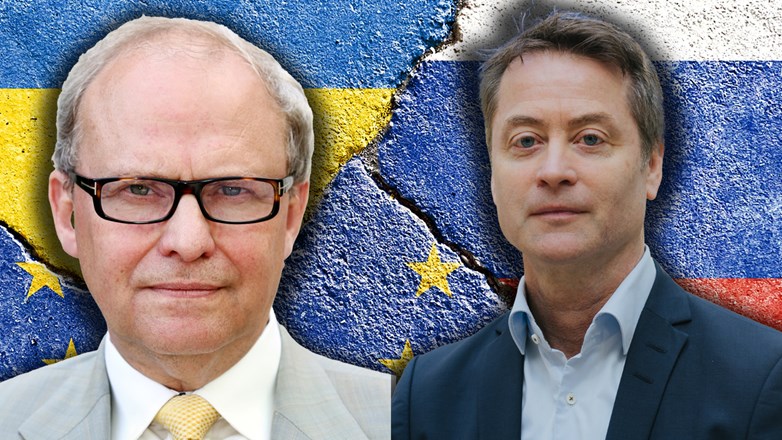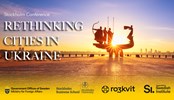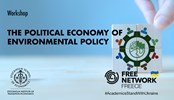New chapters by Anders Åslund and Torbjörn Becker focus on Ukraine’s and Russia’s connections to the EU
The book, noted for intertwining rigorous academic research with practical policy recommendations, features two chapters titled "A European Marshall Plan for Ukraine on the Way to the EU" and “The EU's Dependence on Russian Energy—A Force that Divides or Unites the Union?” authored by Anders Åslund, former Director of the Stockholm Institute of Transition Economics (SITE), and Torbjörn Becker, the current Director of SITE.
The chapter “A European Marshall Plan for Ukraine on the Way to the EU" presents a detailed plan for Ukraine's reconstruction, aiming to pave the way for the country to become a full member of the European Union. Åslund and Becker emphasize the urgency of preparing for post-war reconstruction, advocating for an EU-led initiative that would coordinate donor efforts in a collaborative dialogue with the Ukrainian government. The plan underscores the necessity of swift, condition-appropriate aid in the form of grants—not loans—to foster a sustainable, green economy in Ukraine.
Highlighting the importance of institutional reforms, the chapter argues that Ukraine's integration into the EU should prioritize the strengthening of societal structures to boost both economic prosperity and security across Europe. This vision for Ukraine's future is part of the broader discourse on European integration, brought together by eminent scholars across political science, law, and economics in this seminal work.
Additionally, Åslund and Becker explore the complexities of EU's energy relationship with Russia in the chapter "The EU's Dependence on Russian Energy—A Force that Divides or Unites the Union?". This analysis delves into the EU's historical energy interdependence with Russia, especially in the context of Russian energy exports. The chapter addresses the critical question of whether the EU's past reliance on Russian energy will lead to division or greater cohesion within the Union, particularly after Russia's aggressive actions against Ukraine. The authors discuss the varying energy imports from Russia among EU countries, the sanctions imposed by both sides, and the implications of these sanctions. They conclude that while the immediate effects of sanctions are significant for both Europe and Russia, the long-term consequences are detrimental primarily for Russia, economically and in terms of EU relations. For the EU, this represents a pivotal opportunity to hasten its green transition and enhance security by reducing dependency on Russian energy.
The chapters are part of the "Interdisciplinary European Studies" series, now in its seventh volume, which continues to draw attention to pivotal issues facing the European Union today.
For more information on this publication and to access the full text of the chapter, please visit this link here.




